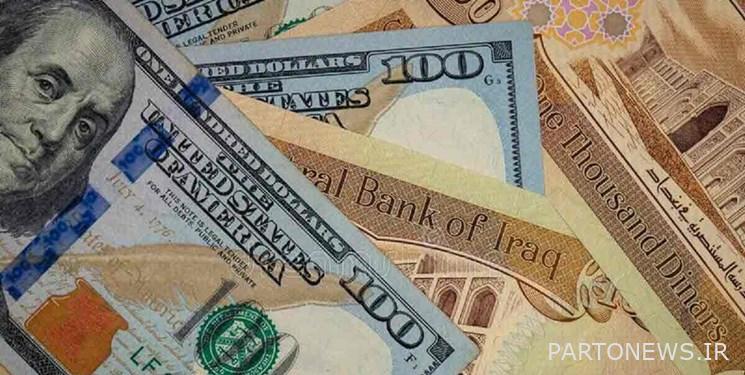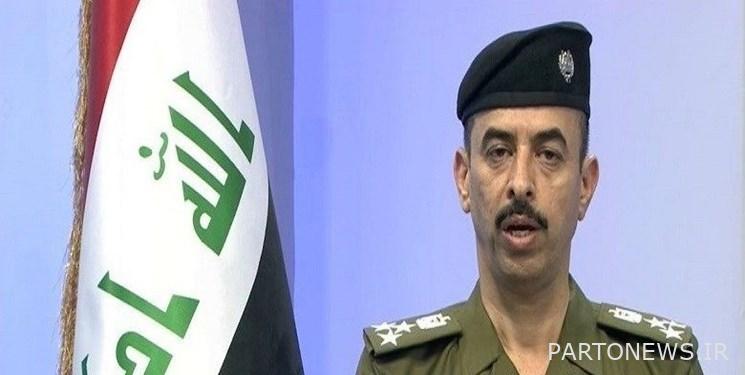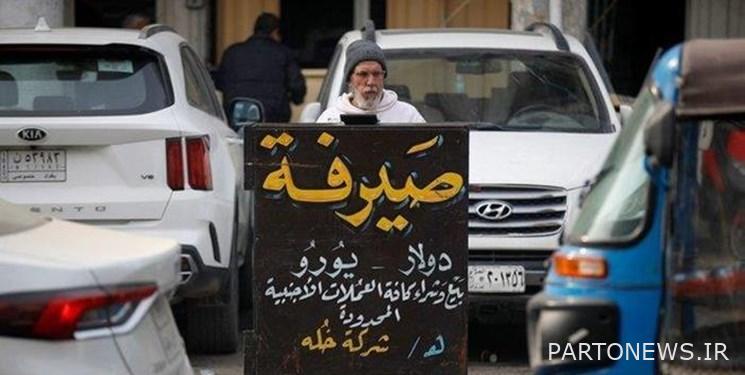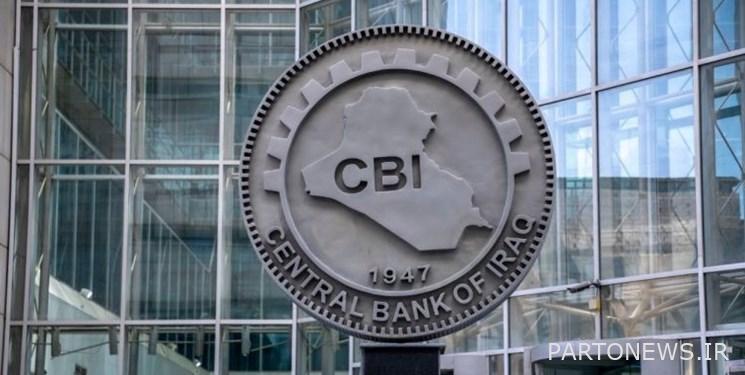Analyzing the angles of banning trading with dollars in Iraq/predicting the increase in the value of the dinar against the dollar

According to the report of the International Economic Group of Fars News Agency, with the efforts of the Iraqi government to control the prices in the parallel markets, the commercial markets witnessed a decrease in the exchange rate in the past weeks; But once again it went up, the dollar rate increased in the parallel (black) markets of Iraq and these markets recorded the price of 1,450 dinars per dollar this Wednesday morning, although the Central Bank of Iraq sells it for 1,320 dinars.
As a result, the Iraqi government has recently moved to a plan to require transactions in markets and retail stores with Iraqi dinars.
In this regard, the police of Kirkuk province (north of Baghdad) has also started to take written commitments from the merchants and owners of car showrooms who used dinars instead of dollars in their transactions, and this order is also being implemented in other provinces.
Iraqi security services warned that failure to comply with this order by the businessmen will result in legal prosecution, punishment and fines for them.
At the same time, most of the businessmen in Iraq reject the transaction with dinar due to its huge difference with the official rate.
* Payment of customs duties in dinars
In this regard, Rafdin Bank, the largest bank in Iraq, announced yesterday, Tuesday, that the collection of taxes and customs duties will be done in Iraqi dinars.
In the statement of Rafdin Bank, it is stated that following the instructions of the government and the Central Bank of Iraq, this bank ordered its branches at the border crossings to collect taxes and customs duties in Iraqi dinars.
According to the announcement of this bank, the stamp fee is also charged in Iraqi dinars and it makes all decisions in this regard in order to support the national economy and strengthen the dinar currency.
Iraq has seen a lot of fluctuations in the dollar rate in the last 3 years. It was December 2020 that the former Prime Minister of Iraq, Mustafa Al-Kazemi, increased the exchange rate of the dollar from 1,180 dinars to 1,450 dinars, and the parallel markets started to use the electronic platform and comply with the international financial transfer standards (SWIFT) last November. (November 1401), parallel markets witnessed record high exchange rates.
Regarding the ban on trading with dollars in Iraq, Khalid al-Mahna, the spokesman of the Iraqi Ministry of Interior, said in an interview with Al Jazeera: The Iraqi government has ordered to stop trading with dollars in public and private centers, because there is no justification for trading with anything other than the national currency. .
Stating that the Iraqi government has supported the Iraqi dinar with the measures taken in the past, Al-Mahna said: Of course, merchants who import foreign goods in dollars are exempt from this law.

Pointing out that the Iraqi Ministry of Interior committed to follow up the implementation of these measures in two stages, he emphasized: The first stage is to educate and inform the people about the need to trade with dinars only to limit hoarding and increase the price of consumer goods, and in the second stage Next, security measures are taken to arrest the violators.
* Legal point of view
According to the official news agency of Iraq (WAA), Mazhar Mohammad Saleh, the economic adviser to the Iraqi Prime Minister, says in this regard: the monetary policy of the central bank is based on Law No. 56 of 2004 in order to protect the purchasing power of the Iraqi dinar, and the transaction within Iraq is with foreign currency. Other than the Iraqi dinar, it leads to hitting the centers of economic stability.
He added: The government’s goal of limiting transactions with the dinar is to reduce confusion in the domestic market, because dual currency is one of the most dangerous events facing countries.
In an interview with Al Jazeera, legal expert Ali Al-Tamimi said that the punishment for speculation that affects the domestic exchange rate is stipulated in Article 44 of the Money Laundering Law No. 39 of 2015, and this article punishes dealers with one year in prison and one million fines. Dinar (about 760 dollars) fine, while the punishment for those accused of smuggling money to other countries and money laundering is up to 15 years in prison based on articles 36, 37 and 38 of this law.

Al-Tamimi says that the action of the Iraqi government to prevent internal transactions with dollars is to control the exchange rate and the price of consumer goods and to prevent inflation through the application of consumer protection laws and to prevent monopoly.

Mazhar Mohammad Saleh, the economic adviser to the Prime Minister of Iraq, emphasizes the reasons for the recent increase in the exchange rate in the parallel markets, that the recent policies of the government led to a decrease in the dollar rate through the creation of a currency sales platform in the central bank, but gangs continued to smuggle currency.
He called the increase in the exchange rate temporary and said: the government has practically started to deal with the increase in the price of the dollar and the value of the dinar will soon increase again.
Saleh said that the widespread lack of awareness of the Iraqi people about the use of credit cards has caused this problem, and the government has started a series of measures to reduce the smuggling of these cards and has succeeded in doing so in the past few days.
In recent weeks, Iraq has witnessed the arrest of many brokers at airports who were carrying hundreds of credit cards full of Iraqi dinars to convert these funds into dollars at the official rate in neighboring countries.
* The way the plan is effective
Meanwhile, Salam Samism, an economic expert in Iraq, predicts that the parallel markets in Iraq will continue to witness an increase in the dollar rate, and the dollar will probably reach 1,700 dinars soon.
In justifying his prediction, he says: The Central Bank has recently started the implementation of the second phase of using the electronic platform in the sale of currency and will place all financial transfers to individuals through Western Union and credit cards on the electronic platform.
This expert added: This stage started after all banks and commercial transfers were required to use the electronic platform, and the need to use this platform for individuals increases the exchange rate in parallel markets.
Regarding the security policies of the Iraqi government in pursuing the prohibition of trading with dollars in the markets and whether this case will return Iraq to the seventies of the last century, when Saddam Hussein, the former Baath dictator, banned trading with dollars inside Iraq, Samism said: any policing of transactions It moves the dollar behind the curtain, and these actions are wrong, and its alternative is to convert all government transactions into Iraqi dinars.
He added: This is what the government recently started by forcing government officials to sell plane tickets in Iraqi dinars instead of dollars, and similar measures are needed in this regard.
Hamid Hosseini, the Secretary General of the Iran-Iraq Joint Chamber, recently responded to the news of the ban on dollar transactions in Iraq and said that the economy of Iraq is affected by the dollar and that the internal transactions of this country are mostly done in cash. Therefore, it is hardly possible to implement such a decision in Iraq.
Hosseini emphasized: In addition, the ban on dealing with dollars is related to the domestic transactions of this country, such as car, property, etc., and has no effect on the currency exchanges of Iran and Iraq. Iraq’s internal conditions are not such that dollar transactions are prohibited.
end of message/

